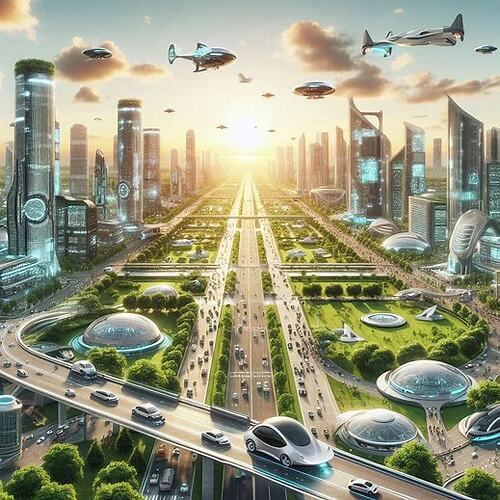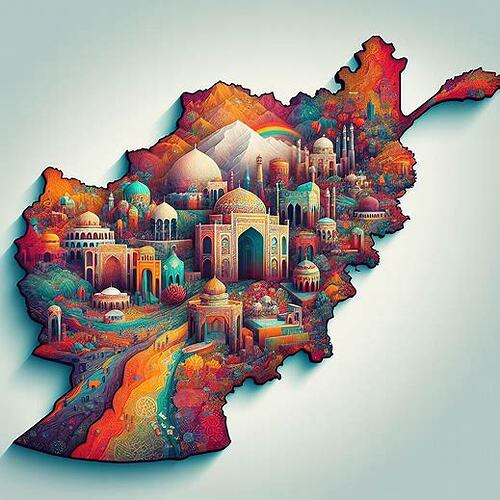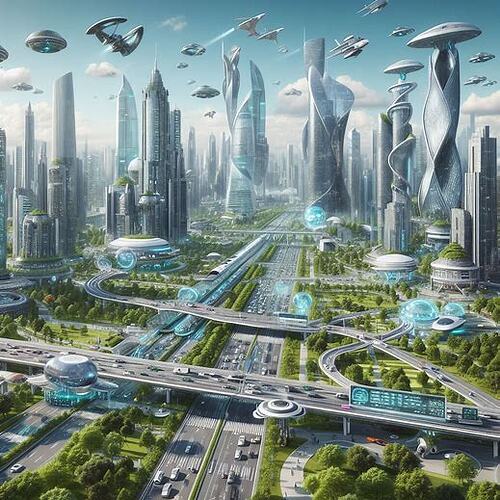The role of a successful president in a country
The responsibilities of a president in a country may be very wide, but some of its basic duties and responsibilities include the following:
-
Leadership of the macro-government: the president, as the executive leader of the macro-government, is responsible for creating and implementing the country’s public policies and programs.
-
Law enforcement: Law enforcement and maintaining order in the country is one of the basic duties of a president.
-
Management of internal affairs: The president must manage the internal affairs of the country and try to improve the welfare and comfort of the people.
-
National security: maintaining the security and health of borders and guaranteeing national security is one of the main responsibilities of the president.
-
Foreign policy: The president must manage the country’s foreign relations and determine the foreign policy and represent the country in international relations.
-
Conflict resolution: Establishing agreements and resolving internal and external conflicts is also one of the important duties of the president.
-
National representation: the president is the representative of the country and the people in international assemblies and international organizations.
-
Choosing and managing the government: The president must choose the government and monitor its performance.
These are just some of the responsibilities of a president in a country, and his duties can vary depending on the laws and government structure of the country in question. The role of a successful president in a country can be related to the following:
-
Effective leadership: A successful president should be able to lead the society towards development and progress by using effective leadership and having a strong vision.
-
Economic management: The ability of economic management to create sustainable economic growth, reduce unemployment, control inflation and develop different economic sectors is another characteristic of a successful president.
-
Security measures: Ensuring internal security and protecting citizens’ rights is one of the basic responsibilities of a successful president.
-
Promotion of international relations: The ability to establish and strengthen international relations with other countries and international organizations is one of the other important duties of a successful president.
-
Conflict resolution: The ability to create agreements and resolve internal and external conflicts is also one of the essential characteristics of a successful leader.
Finally, a successful president should develop and implement programs that lead to the progress and welfare of the society and gain the trust of the people, according to the different situation and conditions of the country.
Responsibilities of a president in a country
The responsibilities of a president in a country may be very wide, but some of its basic duties and responsibilities include the following:
-
Leadership of the macro-government: the president, as the executive leader of the macro-government, is responsible for creating and implementing the country’s public policies and programs.
-
Law enforcement: Law enforcement and maintaining order in the country is one of the basic duties of a president.
-
Management of internal affairs: The president must manage the internal affairs of the country and try to improve the welfare and comfort of the people.
-
National security: maintaining the security and health of borders and guaranteeing national security is one of the main responsibilities of the president.
-
Foreign policy: The president must manage the country’s foreign relations and determine the foreign policy and represent the country in international relations.
-
Conflict resolution: Establishing agreements and resolving internal and external conflicts is also one of the important duties of the president.
-
National representation: the president is the representative of the country and the people in international assemblies and international organizations.
-
Choosing and managing the government: The president must choose the government and monitor its performance.
These are just some of the responsibilities of a president in a country, and his duties can vary depending on the laws and government structure of the country in question.


